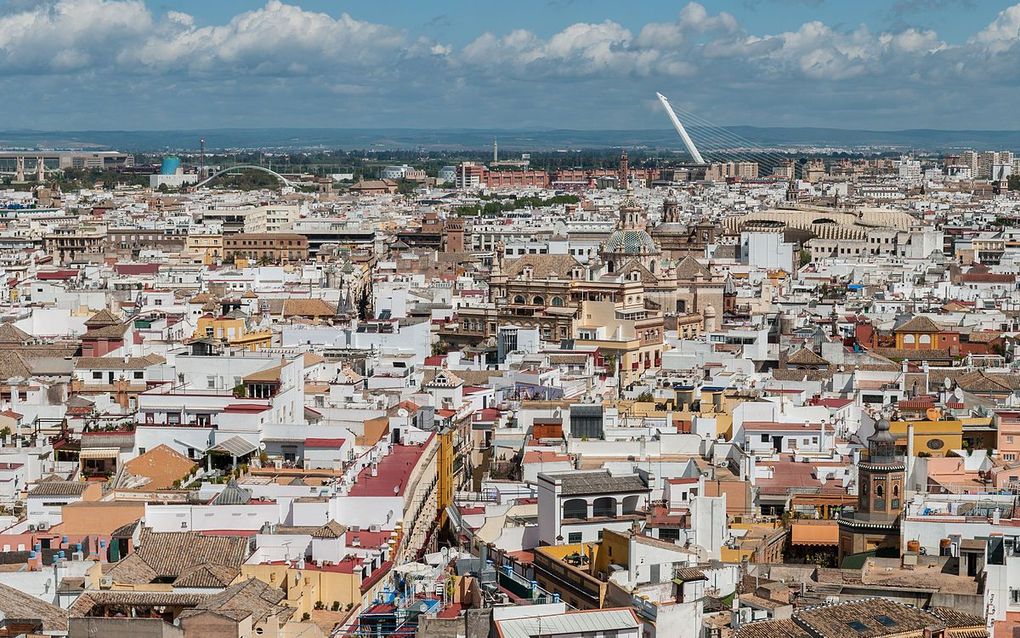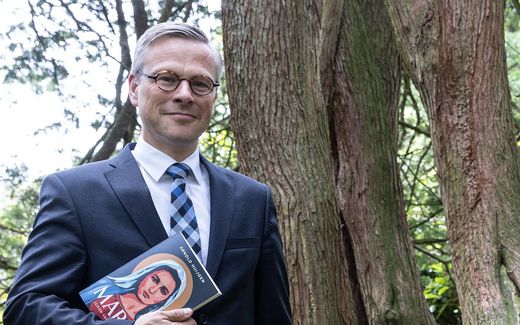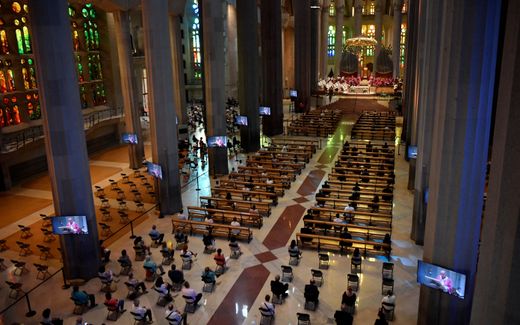Seville names streets after persecuted Reformation women

Seville. Photo Wikimedia, Michal Osmenda
Southern Europe
New streets in Seville will honour women persecuted by the Inquisition during the Reformation era. The city council of the Spanish town Seville has approved the proposal.
New streets in Seville will honour women persecuted by the Inquisition during the Reformation era. The city council of the Spanish town Seville has approved the proposal.
Among other historically significant females are several names of women who suffered for their faith during the 16th century Reformation, the Evangelical Focus writes.
Three names are already announced: one street will be named after Isabel de Baena, a second one after María de Virues, and a square after Francisca de Chaves.
Burned at a stake
Isabel de Baena joined Reformed meetings in town and eventually played an essential role in them. She was a young woman from Seville's higher class and may even have held meetings in her own house.
After the Inquisition discovered her role, they destroyed her house, sprinkled the soil with salt, and planted a sign on the lot so that everyone could see why the house was demolished.
María de Bohorquez (1539-1559) was only 26 years old when she was burned at a stake for her faith. She was probably highly educated and argued with monks about the doctrine of the Roman Catholic Church. Even though she received a death sentence for her conviction, she remained steadfast in her beliefs.
“Big church of Pharisees”
Francisca de Chaves was a nun in the convent of Santa Isabel, Emilio Monjo writes in an article on Protestante Digital. According to Monjo, De Chaves took actively part in the activities of the Reformed Church in Seville. Francisca de Chaves confessed her faith even before the inquisitorial tribunal around 1560 when she compared the Roman Catholic Church to "a big church of Pharisees who follow the or
Related Articles






